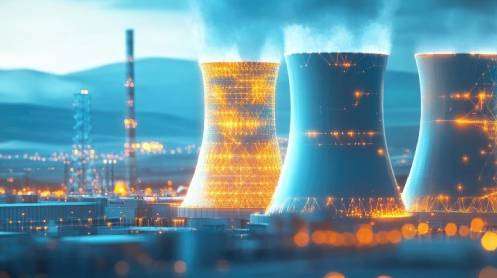A comprehensive study by Boston University’s Institute for Global Sustainability reveals that solar photovoltaic (PV) projects pose the lowest financial risk among global energy infrastructure builds, while nuclear power ranks as the most cost-intensive and delayed.
Analyzing 662 projects across 83 countries from 1936 to 2024, with a total investment of \$1.358 trillion, researchers found that more than 60% of projects exceeded their initial construction budgets. On average, energy infrastructure builds took 40% longer than planned—equating to roughly two years of delay.
Nuclear projects led in cost overruns, exceeding estimates by 102.5% or \$1.56 billion, followed by hydro (36.7%), geothermal (20.7%), and carbon capture (14.9%). In contrast, PV projects and high-voltage transmission lines recorded average cost savings of 2.2% and 3.6%, respectively.
Construction delays mirrored this trend, with nuclear projects delayed by an average of 35 months, hydro by 27 months, and geothermal by 11 months. PV and transmission projects had minimal or no delays.
The study highlights that large-scale energy builds over 1,561 MW face far greater financial risk, while smaller, modular renewable projects offer better predictability and lower cost exposure.







